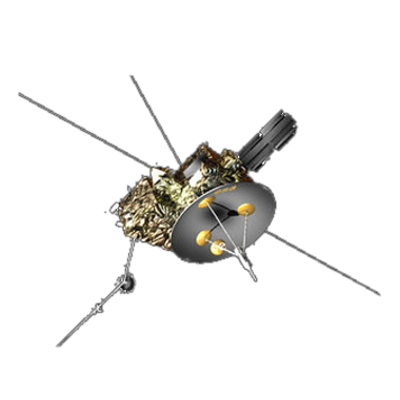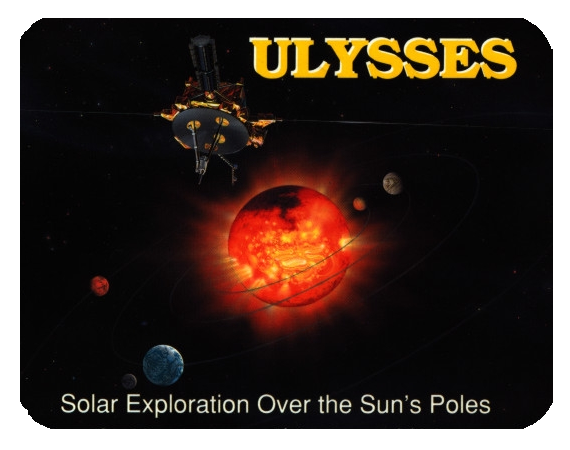Ulysses HISCALE Data Analysis Handbook
Chapter 5: Inflight Performance
5,2.5 Clover Close/Open Timings
An unusual calibration signature, thought to be due to scattering effects in the telescope collimators, is observed in the time plot of the Z2 channel. This channel counts all Z>1, E> 0.7 MeV particles. Time plots of the count rates in this channel are shown in Figure 5.23 for all 5 of the calibrations. As the cover is closing the observed count rates increase to a higher level than the "fully-closed" level, then decrease to the constant cover-closed level. As the cover is opened this signature is reversed. This behavior made this a natural channel for studying the time taken for the Wart cover to open and close. In addition, the signatures of the W3 and W4 channels and the C and D singles rates were considered. Beginning of 93008 calibration. Figure 5.24 shows the plot that was used to determine the Wart cover open times for the 93008 calibration. Start time was defined to be the time at which evidence of the source first appeared in the Z2 channel, and the final (cover-closed) time to be the time at which all channels had reached the steady cover-closed level. The time for the cover to close was taken to be the difference between these two times. It is noted that the actual closing began earlier than the time the signature appears in Z2, but this unique signature allows an easy comparison of times for each of the calibrations, without the necessity of calculating distance and travel time from Earth to Ulysses. Table 5.18 shows times calculated in this way for openings and closings of the cover for each calibration.
Figure 5.23 Z2 time plots
during calibrations
(Click here for
larger view.)
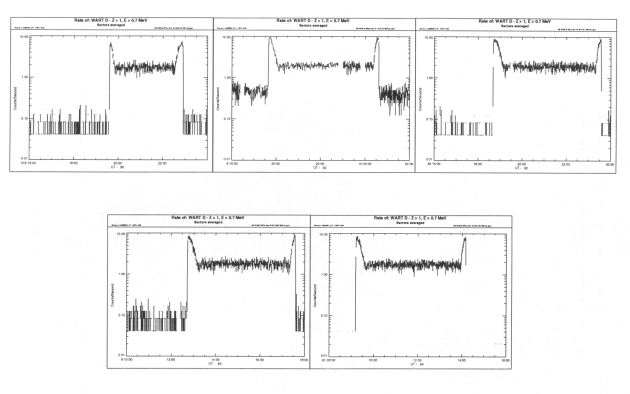
Figure 5.24 Beginning of 93008 calibration
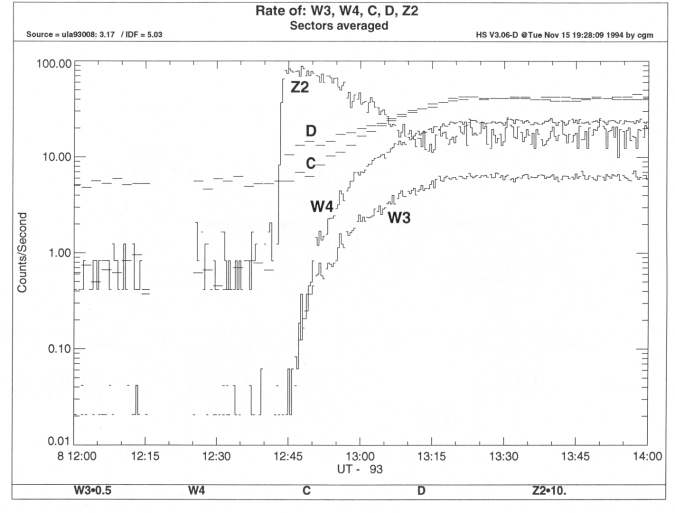
Table 5.18 LAN cover close/open timings
| CLOSE COVER | OPEN COVER | |||||||||
| S/C (AU) |
Command Sent |
Ch | Start | End | Delta (min) |
Command Sent |
Ch | Start | End | Delta (min) |
| 1.13 | 90319, 18:52:51 |
W | 19:36.0 | 19:53.0 | 17.5 | 22:00:34 | W | 22:30.0 | 22:54.5 | 24.5 |
| P' | 19:47.0 | 20:05.0 | 18.0 | P' | 22:27.0 | 22:51.0 | 24.0 | |||
| P | 19:36.0 | 19:55.0 | 19.0 | P | 22:43.0 | 23:18.0 | 35.0 | |||
| 5.16 | 92009 16:59:51 |
W | 19:38,0 | 20:15.0 | 37.0 | 23:59:41 | W | 00:18.5 | 00:37.5 | 19.0 |
| P' | 19:37.0 | 20:11.0 | 34.0 | P' | 00:17.0 | 00:35.0 | 18.0 | |||
| P | 18:53.0 | 19:43.0 | 50.0 | P | 23:12.0 | 23:38.0 | 26.0 | |||
| 5.41 | 92049, 16:59:51 |
W | 18:40.0 | 19:18.0 | 38.0 | 22:59:41 | W | 23:15.0 | 23:24.0 | 19.0 |
| P' | 18:36 | 19:08.0 | 32.0 | P' | 23:16.0 | 23:34.0 | 18.0 | |||
| P | 18:53.0 | 19:43.0 | 50.0 | P | 23:12.0 | 23:38.0 | 26.0 | |||
| 5.06 | 93008, 11:03:00 |
W | 12:42.5 | 13:18.0 | 35.5 | 17:03:00 | W | 17:16.5 | 17:36.0 | 19.5 |
| P' | 12:41.0 | 13:13.0 | 32.0 | P' | 17:16.0 | 17:33.0 | 17.0 | |||
| P | 12:58.0 | 13:49.0 | 51.0 | P | 17:13.0 | 17:37.0 | 24.0 | |||
| 3.36 | 94091, 07:36:54 |
W | 09:11.0 | 09:45.0 | 34.0 | 13:36:56 | W | 13:50.5 | 14:10.0 | 19.5 |
| P' | 09:10.0 | 09:39.0 | 29.0 | P' | 13:52.0 | 14:08.0 | 16.0 | |||
| P | 09:20.0 | 10:02.0 | 42.0 | P | 13:50.0 | 14:15.0 | 25.0 | |||
The observed times (delta) to open/close the WART covers are plotted vs. heliocentric range in Figure 5.25. Because the covers are closed by the thermally driven springs, one might expect that at farther distances from the sun (larger AU, where it is colder), it would take longer to close the covers. Also at these larger distances, once the heaters are removed, one would expect the springs to cool faster, and the covers to open more quickly than closer to the sun. The observations in fact agree well with this analysis, although no obvious difference in close cover times exists between the 3 and 5 AU calibrations.
Figure 5.25 Open/close cover times vs. AU
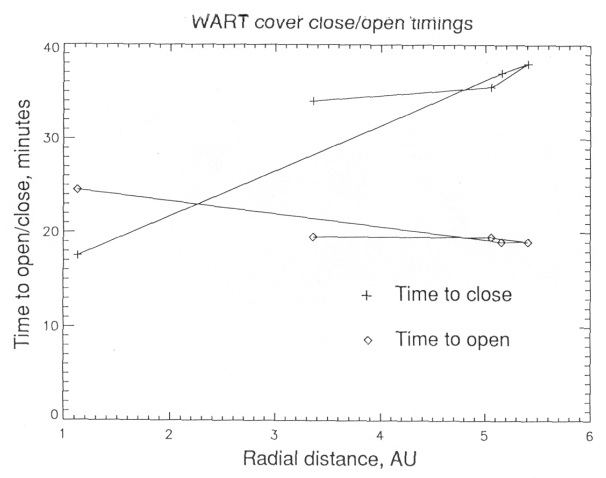
Next: 5.2.6 Helium Over the Solar Poles
Return to Chapter 5 Table of Contents
Return to Ulysses HISCALE Data Analysis Handbook Table of Contents
Updated 8/8/19, Cameron Crane
QUICK FACTS
Mission End Date: June 30, 2009
Destination: The inner heliosphere of the sun away from the ecliptic plane
Orbit: Elliptical orbit transversing the polar regions of the sun outside of the ecliptic plane
